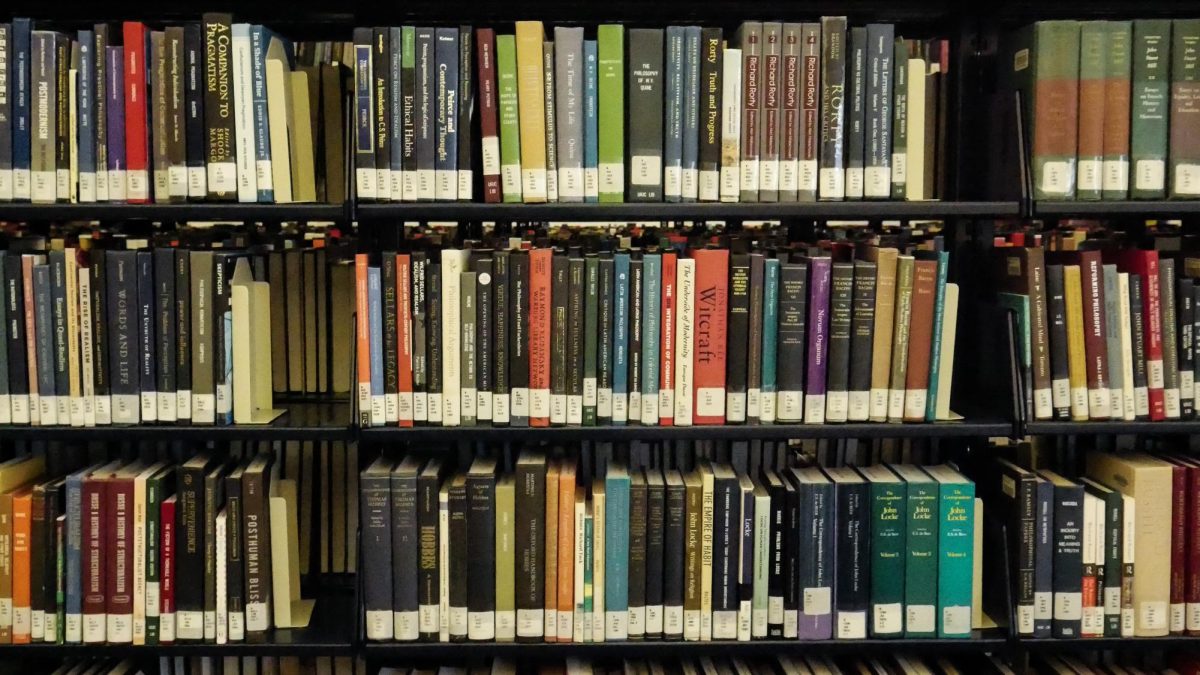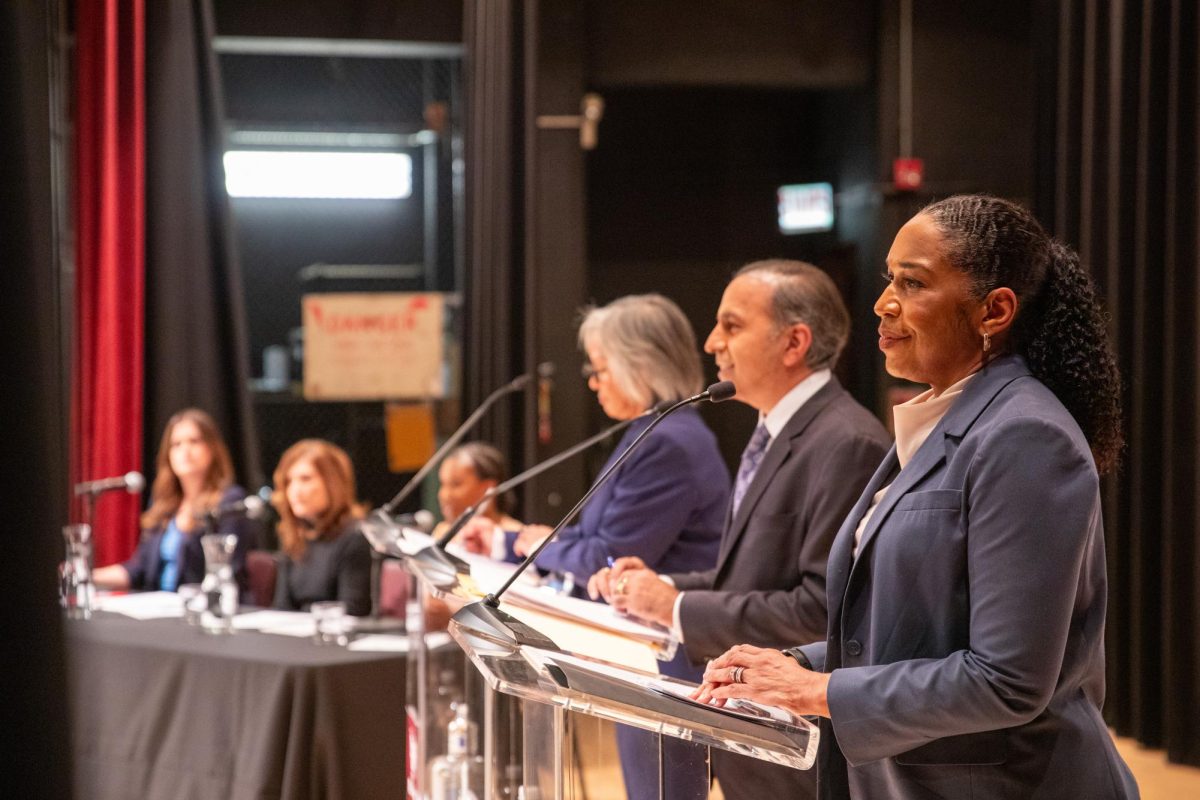Last updated on Feb. 4, 2024 at 02:05 p.m.
Illinois’ new law, which went into effect on Jan. 1, makes it the first state to outlaw book restrictions. Gov. JB Pritzker signed the law in June.
The law states that “in order for libraries to be eligible for state grants, the system shall indicate materials should not be proscribed or removed because of partisan or doctrinal disapproval.”
According to the American Library Association, the number of book challenges per year steadily rose, reaching a 20-year record high in 2022. There were 1,200 challenges to books that year. States across the U.S. push to remove certain books in schools and libraries, especially those with LGBTQ+ themes and about people of color.
In 2022, there were 67 attempts to ban books in Illinois.
Get The Daily Illini in your inbox!
A few years ago, complaints would be brought up by parents and other community individuals, often referring to individual books. In more recent years, requests are “often for multiple removals, and organized by national groups,” the Associated Press stated.
Illinois Secretary of State Alexi Giannoulias, who is also the state librarian, helped lead the legislation behind the new law.
“This legislation is important because both the concept and the practice of banning books contradicts the very essence of what our country stands for, and what our democracy was founded on,” Giannoulias told the Senate Judiciary Committee.
“What this law does is it says, ‘Let’s trust our experience and education of our librarians to decide what books should be in circulation,’” Giannoulias said.
Emily Knox, professor in Information Sciences, provided further insight into the law and the reason behind its implementation.
“What schools and libraries really need is money and resources to provide services to people,” Knox said. “The main thing to know about the law is that it’s really a support mechanism to say that the state of Illinois does not support book banning. The law is a good first step.”
Knox added that Massachusetts, along with some other blue states, was looking at passing a similar law.
Knox also shed light on how the law’s potential to affect education lies in how students have the right to intellectual freedom in their schools. She said that the law allows institutions to grant students the right to wrestle with ideas.
“It’s much more about students having the right to wrestle with ideas and that’s what this law says — that we are making it so that the institutions that educate you ensure that you have that right,” Knox said.








